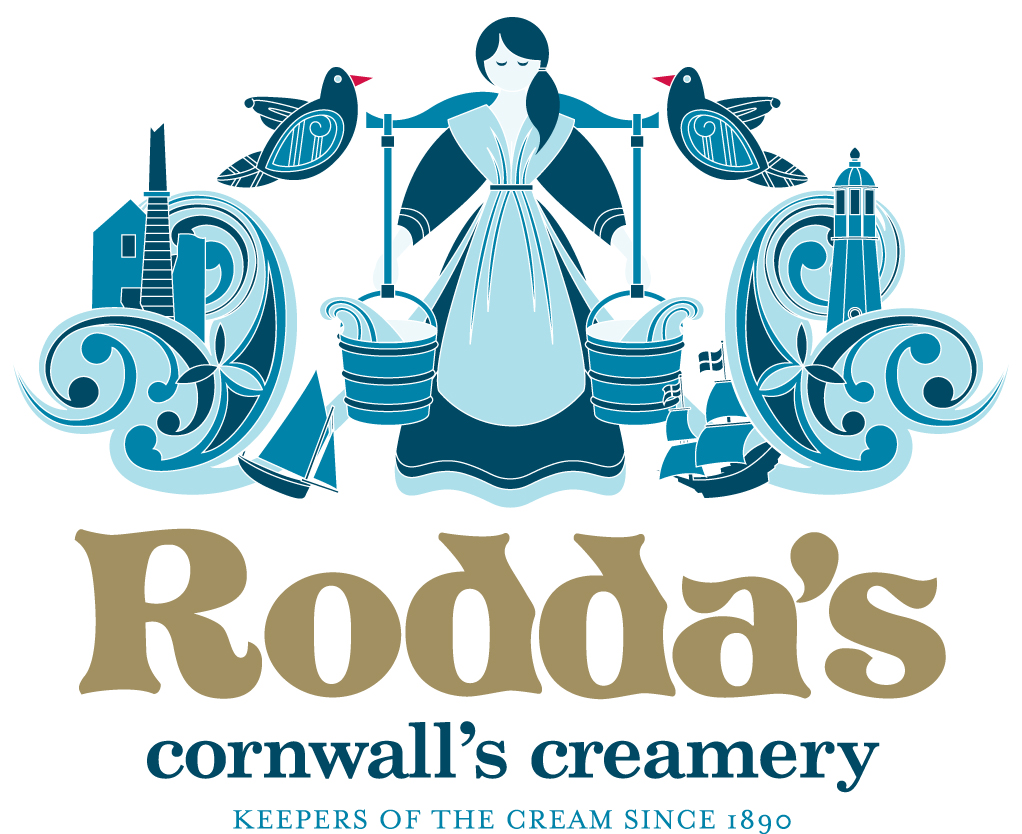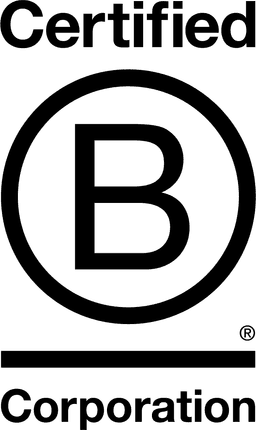

A E Rodda & Son Ltd

1.6
Cornwall, United Kingdom
October 2021
Food products
Manufacturing
United Kingdom
The Rodda's family business started more than 130 years ago, when Eliza Jane Rodda, began making the delicacy in her farmhouse kitchen in the heart of Cornwall. Now in the fifth generation, the Rodda family are still crafting their Cornish clotted cream in the very same way they did all those years ago, through cherished family recipes and time-honoured traditions. Clotted cream is so special it has become a treasured Cornish export. Rodda’s is now considered the most loved Cornish clotted cream brand in the world, being enjoyed from Land’s End to John O’ Groats and as far away as Australia and Japan. Passionate about supporting local farming families, Rodda’s carefully selects farms within a 30-mile radius of the creamery to supply the finest milk. As well as Cornish Clotted Cream, the Rodda’s range also includes, butter, milk, clotted cream fudge and shortbread. The Rodda family also spearheaded a campaign which resulted in Cornish Clotted Cream gaining Protected Designation of Origin (PDO) status in 1998, joining the prestigious ranks of Champagne, Stilton cheese and Parma ham. This means Cornish Clotted Cream must be made in Cornwall, with Cornish milk and in the traditional way.
Overall B Impact Score
Governance 16.7
Governance evaluates a company's overall mission, engagement around its social/environmental impact, ethics, and transparency. This section also evaluates the ability of a company to protect their mission and formally consider stakeholders in decision making through their corporate structure (e.g. benefit corporation) or corporate governing documents.
What is this? A company with an Impact Business Model is intentionally designed to create a specific positive outcome for one of its stakeholders - such as workers, community, environment, or customers.
Workers 26.9
Workers evaluates a company’s contributions to its employees’ financial security, health & safety, wellness, career development, and engagement & satisfaction. In addition, this section recognizes business models designed to benefit workers, such as companies that are at least 40% owned by non-executive employees and those that have workforce development programs to support individuals with barriers to employment.
Community 36.8
Community evaluates a company’s engagement with and impact on the communities in which it operates, hires from, and sources from. Topics include diversity, equity & inclusion, economic impact, civic engagement, charitable giving, and supply chain management. In addition, this section recognizes business models that are designed to address specific community-oriented problems, such as poverty alleviation through fair trade sourcing or distribution via microenterprises, producer cooperative models, locally focused economic development, and formal charitable giving commitments.
What is this? A company with an Impact Business Model is intentionally designed to create a specific positive outcome for one of its stakeholders - such as workers, community, environment, or customers.
Environment 28.0
Environment evaluates a company’s overall environmental management practices as well as its impact on the air, climate, water, land, and biodiversity. This includes the direct impact of a company’s operations and, when applicable its supply chain and distribution channels. This section also recognizes companies with environmentally innovative production processes and those that sell products or services that have a positive environmental impact. Some examples might include products and services that create renewable energy, reduce consumption or waste, conserve land or wildlife, provide less toxic alternatives to the market, or educate people about environmental problems.
Customers 3.9
Customers evaluates a company’s stewardship of its customers through the quality of its products and services, ethical marketing, data privacy and security, and feedback channels. In addition, this section recognizes products or services that are designed to address a particular social problem for or through its customers, such as health or educational products, arts & media products, serving underserved customers/clients, and services that improve the social impact of other businesses or organizations.